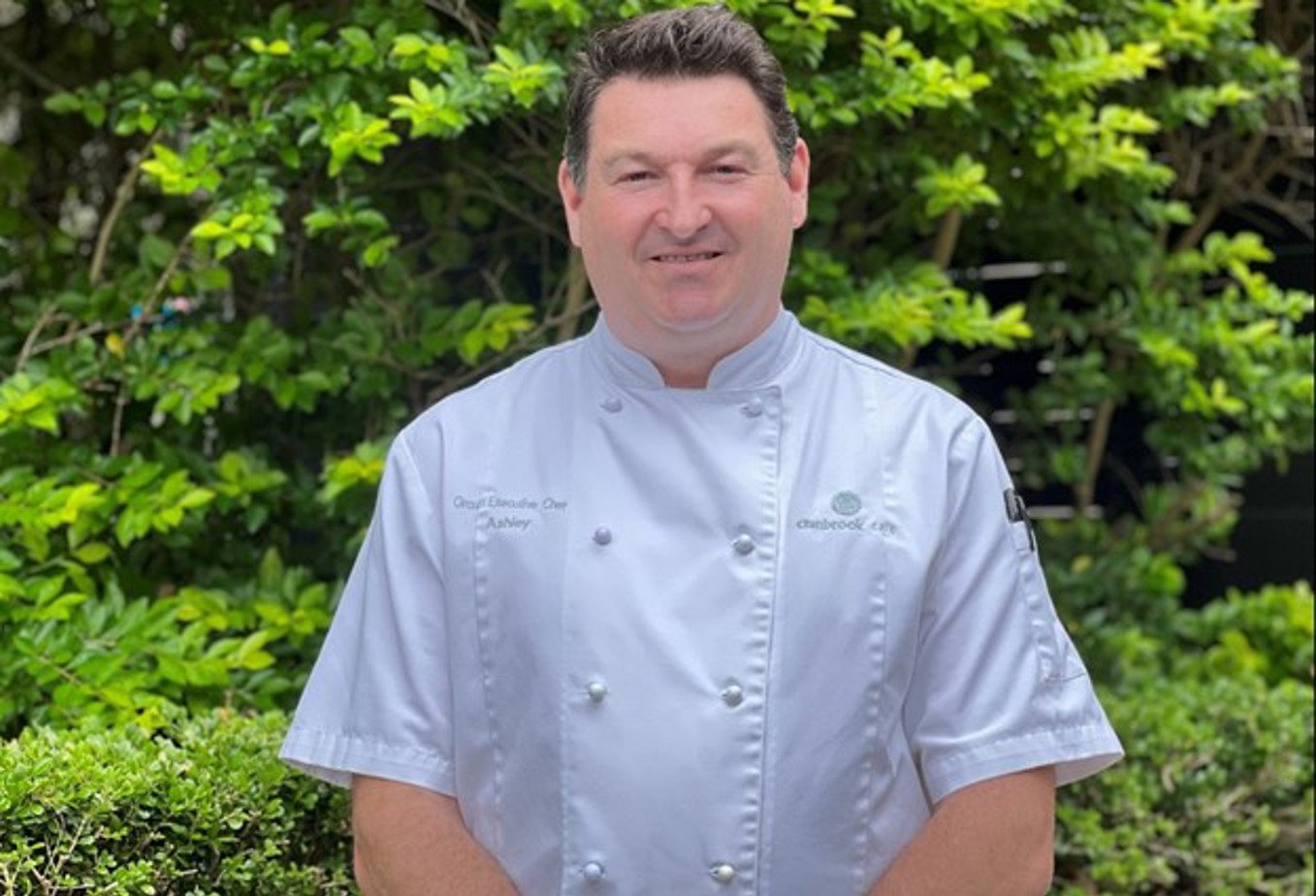Aged care chef’s top tips for healthy eating
13/06/2024

The food served to residents in residential aged care should be one of the essential must-ask and must-see demands when deciding if a loved one should enter a particular home.
It's the British Nutrition Foundation's Healthy Eating Week (10 to 14 June) and Nutrition Australia holds its National Nutrition Week from 16 to 23 October. However, what's more important is to hear from Ashley Thompson, Cranbrook Care Executive Chef.
"Taste and nutrition often go hand-in-hand, enhancing the mental and physical wellbeing of elderly residents. Here are some insights into favourite dishes, key ingredients, dietary myths, and effective nutritional practices,” he said.
Nutrient-Rich Favourites
Among elderly residents, a favourite dish that is nutritious yet delicious is scrambled eggs, with many requesting them every morning. A version of scrambled eggs made with farm-fresh eggs, full-fat thickened cream, and butter not only creates a delightful start to the day but also packs high-quality protein and healthy fats, supporting energy levels and overall wellbeing. It's a perfect example of how nutritious food can also taste good.
Key Ingredients for Nutritious Dishes

One ingredient that often gets a bad rap but plays a crucial role in enhancing flavour is salt. When used correctly, salt can bring out the best in every ingredient, ensuring a better-finished product. Adding salt during every stage of cooking, especially in slow-cooked dishes like curries, casseroles, and soups, can make a significant difference. Salt tenderises meat, softens vegetables, and releases the flavours in spices and aromatic vegetables. It also adds depth to stocks, creating a rich foundation for soups.
Debunking Dietary Myths
A common myth about diets for the elderly is that all foods need to be overcooked. Properly designed menus with dishes that are both well-cooked and beautifully presented can appeal to people of all ages. Overcooking not only diminishes the nutritional value of food but also the enjoyment of the meal.
Managing Dietary Restrictions and Challenges

Dietary restrictions can pose challenges, but robust systems and processes can manage these effectively. Tools like clinical databases and foodservice meal ordering systems communicate vital information such as allergies and texture modifications to staff. This reduces risk and ensures residents receive meals tailored to their needs.
Monitoring Nutritional Intake
Family, friends, and carers play a crucial role in monitoring the nutritional intake of elderly residents. Family members can order meals on behalf of their loved ones, both online and in written form. This practice ensures residents receive familiar and enjoyable food, enhancing their overall dining experience.
Successful Dietary Practices
Significant improvements in health outcomes have been seen through specific dietary practices. For example, grilled salmon with hollandaise sauce promotes heart, cognitive, and digestive health while providing a visually appealing and balanced meal. Similarly, tomato and red pepper soup offers a blend of antioxidants, vitamins, and healthy fats, supporting heart health, immune function, and overall wellbeing. The comforting nature of this soup also encourages better food intake and hydration.
Cranbrook Care is a provider of premier aged care and retirement residences with properties and facilities in Sydney;s Neutral Bay, Kellyville, Abbotsford and the Central Coast.














